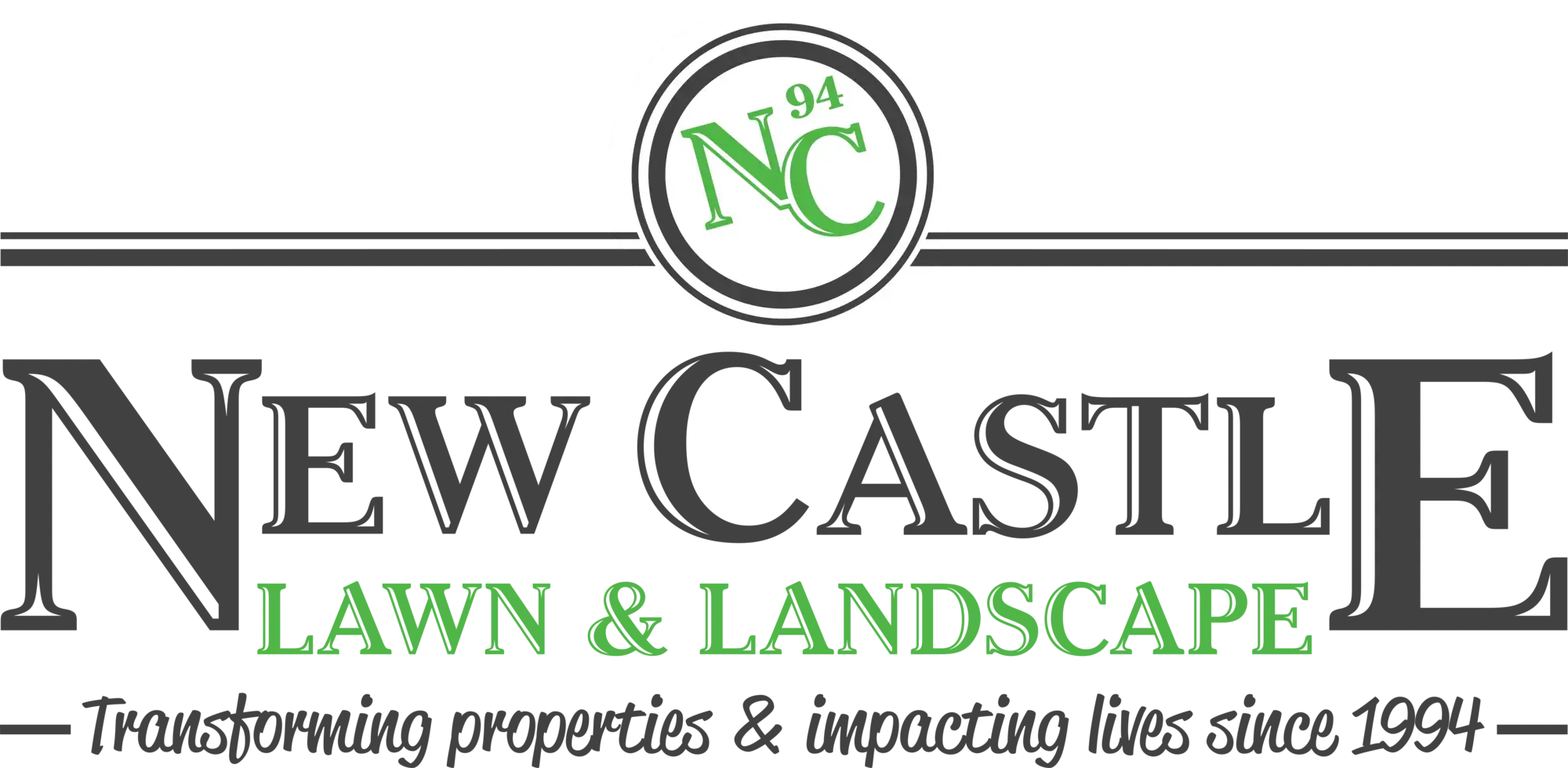WHAT TO EXPECT FROM YOUR PLANT HEALTH CARE VISITS AND MAINTENANCE PLANS
EARLY DORMANT SEASON (1ST VISIT)
During late winter or early spring, a technician will visit your property and begin an inspection. This observation time will allow them to take note of any existing issues or hazards, analyze the health of important plants (“key plants”) and develop a customized plan for your property based on the findings. These findings will be the basis of the well-being of your trees and shrubs on your property throughout the year.
One of the most important tree and shrub pest mitigation efforts also takes place during this visit. Dormant oil (also known as Horticultural Oil) is one of the safest, effective and time-tested pest interventions available. Horticultural Oil is a highly refined mineral oil that is diluted with water that is applied as a blanket coverage application. Dormant oil refers to the time of year that the application is taking place . . . while plants are still dormant allowing for the higher label rate to be used due to a lack of high humidity and warm temperatures. A lack of active pollinators during this time of year ensures our winged friends stay safe.
Prior to the application the technician will identify any plants that are sensitive to the oil. These plants include Dwarf Alberta Spruce, Blue Spruce, Blue Junipers, Crytomeria and Japanese Maples. The applicator will also take note of any gardens, ponds, toys, etc. to avoid any undesirable overspray to these areas.
For the remaining applicable plants, the application will be concentrated on the buds, bark, needles, stems and underside of foliage. Once dried, the Horticultural Oil acts as a smothering agent by blocking the breathing pores (spiracles) of the overwintering eggs. The main target of this application will be the egg stage of insects such as adelgids, lace bugs, psyllids, and some scales.
Because pests do not build a resistance to Horticultural Oil like most insecticides not properly rotated, oil applications can occur throughout the season and successive years (WHEN USED ACCORDING TO LABEL PRECAUTIONS).
Earlier in the Blog abiotic and biotic damage/disorders were referenced. The most common encountered by our technicians can be summarized in two categories:
ABIOTIC DAMAGE
This class of disorders are caused by non-living stressors including ice damage, wind, drought, nutrient deficiency and over application of ice melting products. The most common issues observed are ice/winter damage and over application of ice melting products.
Depending on the level of winter injury, most damage will correct itself. Anyone that has Schip Laurel can be alarmed at the browning and burned leaves in the winter, only to be relieved when they see a full recovery once the dormant season is over. Our liquid nutrition application in the upcoming visits is designed to flush salts from the soil as well as correcting aesthetic issues. More severe damage such as broken limbs, branches, crushed plants or sometimes complete mortality will be communicated to the customer. These issues may require extra mechanical intervention.
BIOTIC DAMAGE
This category of damage is caused by living agents. These include microorganisms, nematodes, insects and deer. The most commonly observed from our technicians being deer damage. Deer browsing for food with the lack of natural vegetation turn to ornamental trees and shrubs. This feeding can be detrimental to the upcoming growing season for a few reasons. Deer browsing may remove dormant buds intended to be this season’s flowers and leaves. Aside from the undesirable appearance, plants lacking leaves during the growing season will not be able to photosynthesize correctly or move nutrients throughout the plant. Depending on the amount of damage, deer fencing and/or deer repellent applications may be recommended.
OUR IPM APPROACH
It’s impossible and irresponsible to attempt to rid gardens or landscapes of all pests. Your landscape should be thought of as its own existing ecosystem that needs balancing. Monitoring and managing pests in lieu of complete annihilation maintains the balance while preserving the health of humans and animals as well as beneficial insects. The IPM approach will always consider all control measures (mechanical, cultural, biological and chemical) when solving tree and shrub issues. The intervention with the least amount of environmental impact will always be the most desirable.
Your landscaping is an investment. Do not leave the health of your plants up to chance. Just like vitamins for humans, plants need care too.
Call the New Castle team at 610-796-7818 or visit www.newcastle94.com today for your free estimate!






